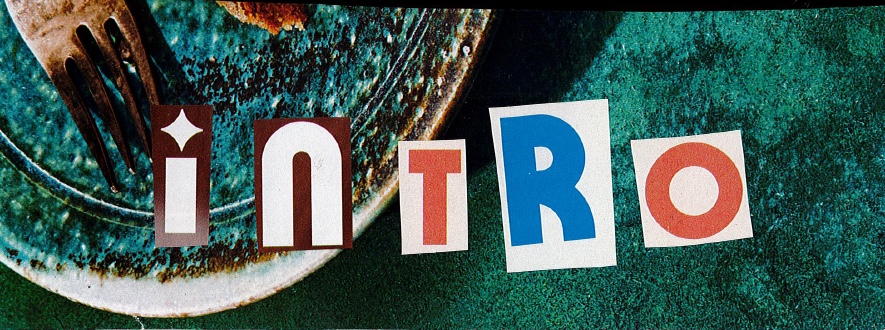Astrology is a spiritual practice that is essential to many cultures, communities, and individuals. It perseveres through time and along cultural shifts. Although it is unclear when exactly astrology emerged there are distinct records of western astrology beginning around the time of the 16th and 18th century BC in Babylon and continuing through the Hellenistic period and into today.
Despite modern criticism, astrology remains a popular practice among spiritual peoples and within popular culture today. Millennials and Generation Z in particular have introduced astrology to social media through Instagram, Twitter, and TikTok. Popular magazines such as Cosmopolitan and Refinery 29 have astrology sections that inform us about more than just our horoscope. And it seems like everyone has at least one astrology app on their phone. Corporations have capitalized on this astrological obsession by creating products that promote astrology – things like astrological necklaces, posters, mugs, and more. Although it is often trivialized as nothing more than a fad – it’s perseverance over time and its attraction in modern day makes it a valuable study in understanding human culture.
Astrology provides a reflection into understanding ourselves, how we function in community, and how our culture and society shifts as a collective with the planets, sun, and moon. Through personal and collective reflection, astrology provides insight into understanding our personal role in the collective work of racial justice and anti-racism. I believe that astrology, in all its social relevance, is a powerful tool in outlining our own activist destiny.
My intention in creating this website is to uplift the restorative, decolonial, and empowering work of modern astrologers who are using astrology for justice and to create an accessible resource for embarking on this pursuit. This website will serve both as my personal platform for processing astrology within my own pursuit of justice and activism as well as an educational resource with application tools. I intend my audience to use this as a space for learning and inspiring embodied action through the spiritual practice of astrology.
In her essay, Who Needs Astrology, Tabitha Prado-Richardson connects the study of astrology to the creation of race as identity. Alice Sparkly Kat analyzes her work to argue that if we see astrology as another example of “socio-political markings of identity such as race, then astrolgy must also be a political-project.” This is the motivation for creating this resource: to provide an understanding of astrology that is situated within our political lives, and provides an introduction to how we may seek collective liberation from these politics.

